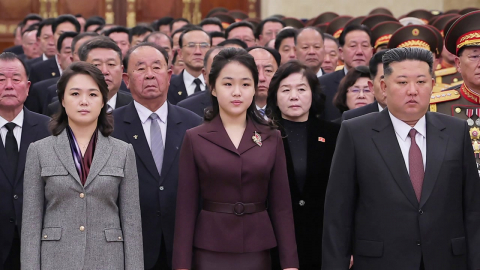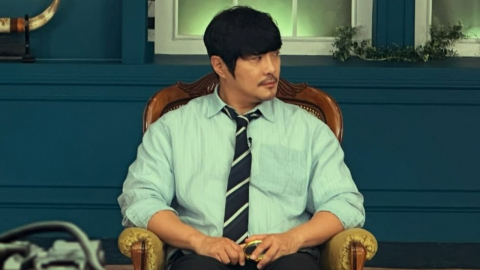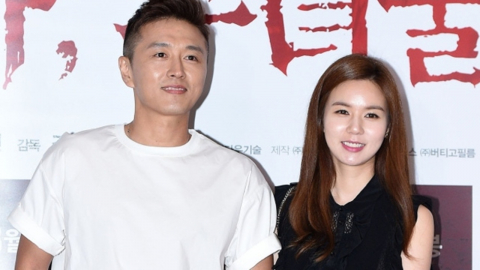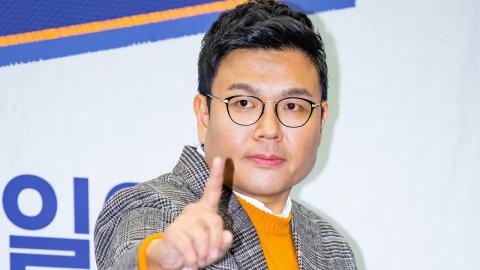-
속보 경찰, '강선우 1억 수수 의혹' 김태우 전 서울 강서구청장 소환 통보
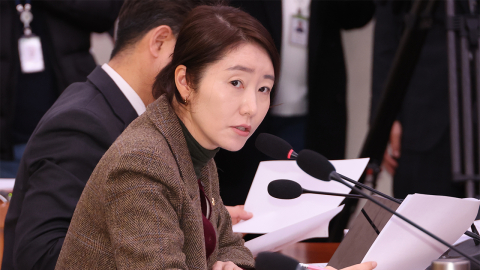
-
경찰, ’강선우 1억 고발’ 김태우 소환 통보 김태우 전 강서구청장 "6일 고발인 신분 조사 요청" 강선우, 2022년 지방선거 당시 1억 원 수수 의혹 ▷ 자세한 뉴스 곧 이어집니다. ※ '당신의 제보가 뉴스가 됩니다' [카카오톡] YTN 검색해 채널 추가 [전화] 02-398-8585 [메일] social@ytn.co.kr
-
국방부, '계엄 가담' 문상호 전 정보사령관 파면

-
국방부가 12·3 비상계엄에 가담한 혐의로 기소된 문상호 전 정보사령관에게 파면 처분을 내렸습니다. 국방부는 12·3 불법 비상계엄 당시 정보사령관이었던 문상호 육군 소장을 법령 준수 의무와 성실 의무, 비밀 엄수 의무 위반으로 중징계 처분했다고 밝혔습니다. 강제 전역 처분을 받은 문 소장은 앞서 파면된 여인형 전 방첩사령관 등과 함께 민간 법원에서 재판을 받게 됩니다. 앞서 내란 중요임무 종사 혐의로 구속기소된 문 소장은 최근 군사기밀 누설 혐의 등으로 추가 기소됐고, 군사법원은 모레(4일) 구속 기한 만료를 앞두고 추가 구속영장을 발부했습니다. ※ '당신의 제보가 뉴스가 됩니다' [카카오톡] YTN 검색해 채널 추가 [전화] 02-398-8585 [메일] social@ytn.co.kr
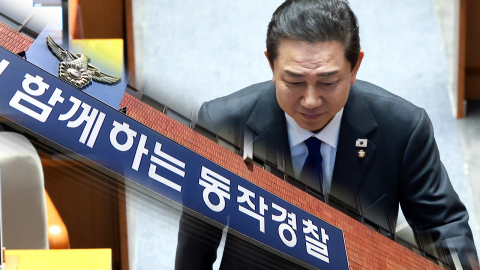



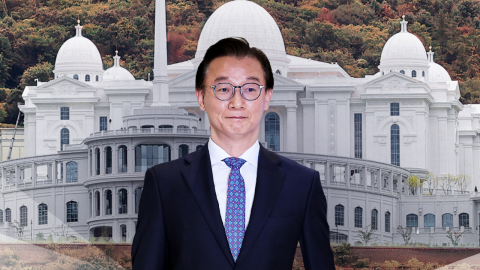
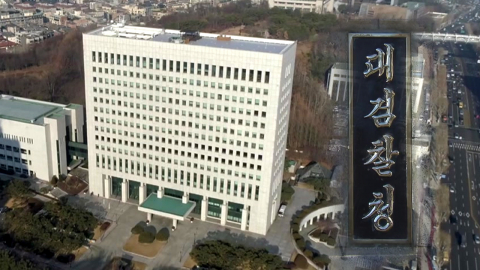
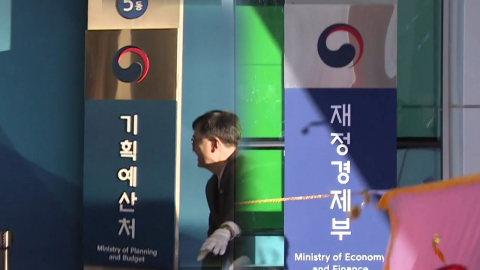
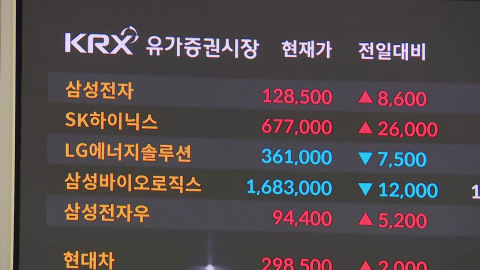
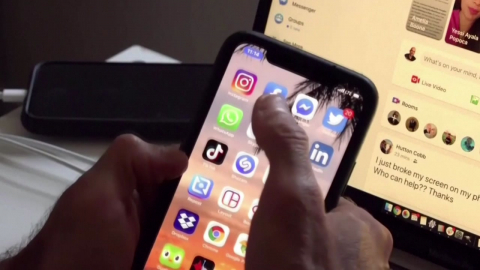
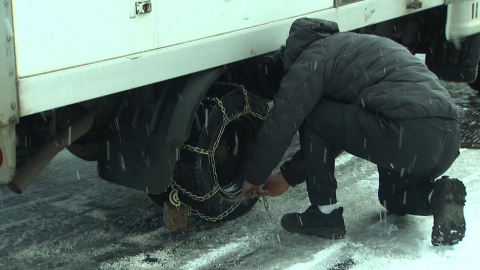

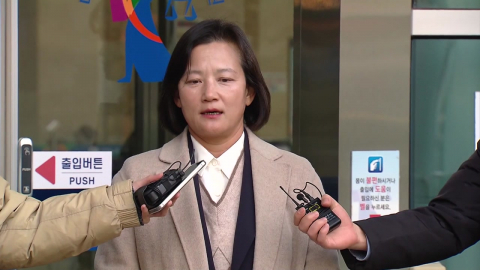
![용산 대통령실 '비밀 통로' 최초 공개…"집무실 속에 사우나가" [지금이뉴스]](https://image.ytn.co.kr/general/jpg/2026/0102/202601021607332325_h.jpg)

![올해 빨간 날은 얼마나? 추가 휴일 지정 가능성도 [앵커리포트]](https://image.ytn.co.kr/general/jpg/2026/0102/202601021423261901_h.jpg)
![얼어붙은 '사랑의 온도탑'…가수 션 "전액 기부" [앵커리포트]](https://image.ytn.co.kr/general/jpg/2026/0102/202601021655141157_h.jpg)
![차량으로 경찰 밀고 추격전…대체 왜? [앵커리포트]](https://image.ytn.co.kr/general/jpg/2026/0102/202601021420088742_h.jpg)
![살 빼려면 한 달 감금?…중국 '다이어트 캠프' 화제 [앵커리포트]](https://image.ytn.co.kr/general/jpg/2026/0102/202601021657193787_h.jpg)
